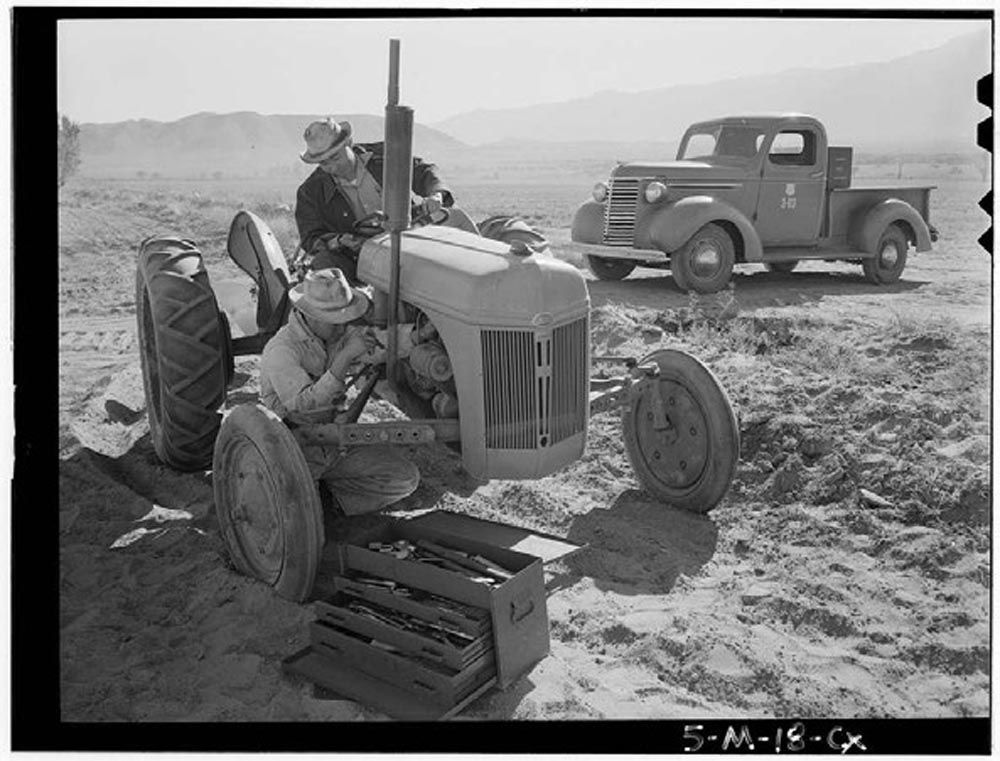The Right to Repair
Next year, farmers in Colorado will be able to fix their own tractors, and manufacturers will have to provide them with resources to help them do it. In late April, Colorado became the first state to ensure farmers can work on their own equipment with Governor Jared Polis signing “The Consumer Right to Repair Agriculture Equipment Act,” which forces manufacturers to make available the necessary manuals, tools, parts, and software to farmers who rely on complex and expensive machinery, such as tractors, combines, and other farm equipment.
Ranches and farmland are the lifeblood of many states, and Colorado took the lead on the issue in the light of a nationwide right-to-repair movement for the ability of consumers to fix and maintain their own equipment, rather than being required to rely solely on authorized dealers and manufacturers for repairs. This has the potential to indirectly affect the gear industry to the extent that it directly disrupts the farm equipment manufacturers, but it could directly affect the gear industry if broader right-to-repair laws gain ubiquity in the future.
Lawmakers in at least ten other states have introduced similar right-to-repair legislation, including Florida, Maryland, Missouri, New Jersey, Texas, and Vermont. For Colorado, the process of bringing the proposal to law left lawmakers stuck between their farming constituents making a case for the ability to repair their equipment and the manufacturers and dealerships who raised deep concerns that providing tools and information to farmers would expose trade secrets and allow equipment owners to illegally tamper with the horsepower and bypass emissions controls—putting operator safety and the environment at risk, but those are things that would remain illegal.
However, the spirit of this law aims to provide farmers with more control over their equipment and reduce downtime caused by equipment breakdowns. Time is money, and Nature doesn’t wait—so when farmers claim the current conditions compromise valuable days waiting for an authorized service professional to arrive, that delay could spell a weather event eradicating a crop or the closing of a proper planting window, creating the potential for bankruptcy. Prior to the law's passage, farmers were often restricted to using the manufacturer's repair services, which could be more expensive and time-consuming than local repair shops.
The law also prohibits manufacturers from voiding warranties or denying service if farmers use independent repair shops or perform repairs themselves. Manufacturers are required to provide the same diagnostic and repair information to independent repair shops as they do to authorized dealers.
Farmers across the country have long been fighting for the right to repair their own equipment. Modern tractors are full of electronics that have given manufacturers the ability to lock farmers out of the repair process and lead some to go so far as to hack their own tractors. The used tractor market exploded, with farm equipment manufactured before the advent of computers selling for hundreds of thousands of dollars.







